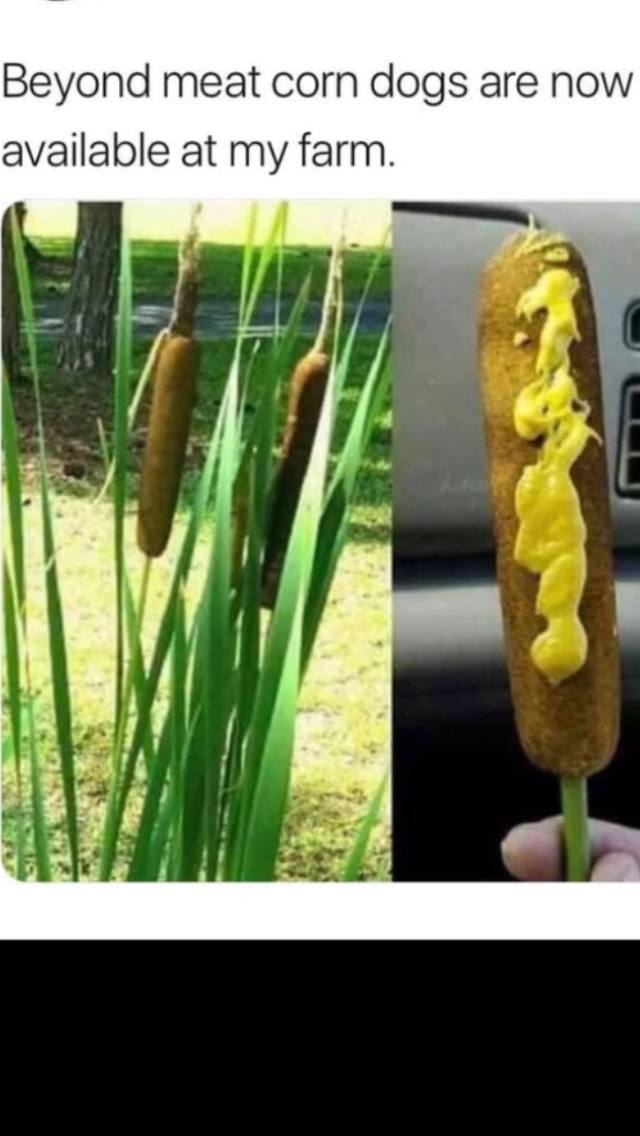
Announcement
Collapse
No announcement yet.
A comparison...
Collapse
Logging in...
Welcome to Agriville! You need to login to post messages in the Agriville chat forums. Please login below.
X
-
-
-
So are you saying every product is priced according to the energy it takes to produce it? uhhhhh No. My buddy grows shrimp - for rich people in very upscale restaurants. Let me tell you, energy in has nothing to do with 100 some dollar a pound shrimp.Originally posted by AlbertaFarmer5 View PostI am basing my assumptions on the prices today. If in the future those prices end up lower than beef, then my assumptions are wrong, and perhaps this is entirely collusion and monopoly today.
Otherwise, it is much like the renewable energy industry, as long as the end user costs continue to be higher than fossil fuels, one can only draw the conclusion that the EROEI is worse than fossil fuels
Time will tell, but I'm thinking that the analysis presented above is not considering the full life cycle of both. If it were, fake meat would be pennies compared to real meat.
Yes, if a farmer sold it, it would be pennies compared to real meat. But real businesses aren't like farmers, they really like to make money.
Comment
-
Eventually, yes. As I said, to begin with, if this manufacturer has a monopoly, they will charge whatever the market will bear, which also has a lot to do with recouping R and D costs, which ultimately come down to energy spent designing/creating the product in the first place. In a functioning free market, if this manufacturer is making massive profits, someone else will always see the opportunities for profit, and undercut the first, and so on until the price approaches the cost of production.Originally posted by tweety View PostSo are you saying every product is priced according to the energy it takes to produce it? uhhhhh No. My buddy grows shrimp - for rich people in very upscale restaurants. Let me tell you, energy in has nothing to do with 100 some dollar a pound shrimp.
Yes, if a farmer sold it, it would be pennies compared to real meat. But real businesses aren't like farmers, they really like to make money.
And now, I'm off to do research into growing $100/lb shrimp, since I think I can grow and sell them for $80 and still make a hefty profit, until Grassfarmer reads this and starts producing them for $60...
Comment
- Reply to this Thread
- Return to Topic List

Comment